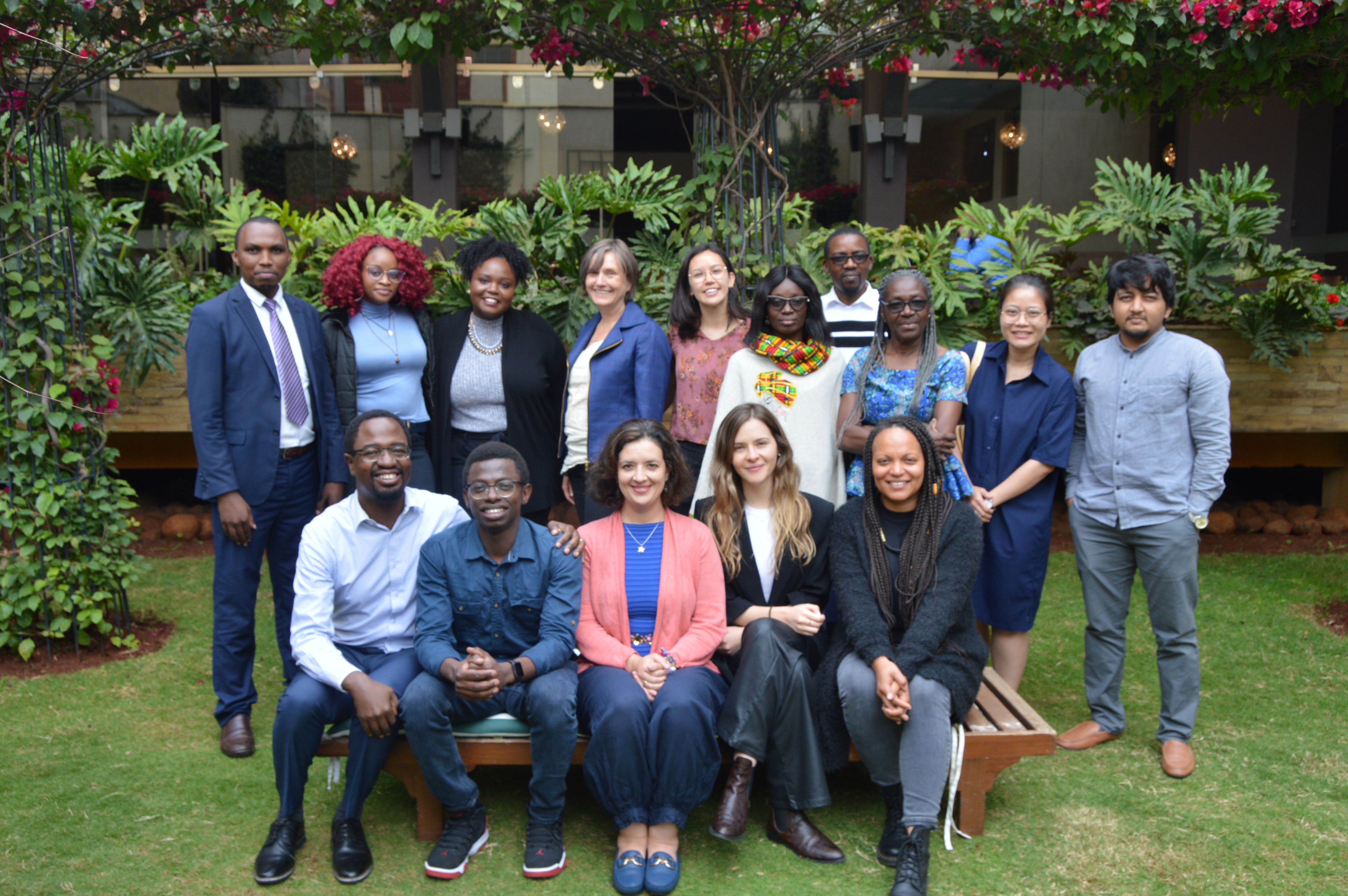About Digital Health and Rights

Digital Health and Rights
Future of Human Rights in the Digital Age
Start date:
1 June 2023
Principal Investigator:
Project Funder
Keywords:
Human Rights, Participatory Action Research, Civil Society, Digital Health, Youth Engagement
While they offer the opportunity to speed progress towards the Sustainable Development Goals, digital technologies and artificial intelligence are designed, accessed and used in a context shaped by profound inequalities, both among and within countries. UN leaders have affirmed that “human rights should be at the heart of tech governance”, and high-level policy discussions over the next few years could represent a turning point. Young people and civil society in low- and middle-income countries have had little voice in digital governance, but they must have a role in shaping those discussions, or risk missing the opportunity to establish rights-based digital governance for the future.
Using a transnational participatory action research approach that centres the voice and leadership of young adults, the Digital Health and Rights Project (DHRP) consortium is conducting qualitative research in Colombia, Ghana, Kenya and Vietnam. The project uses HIV as a site from which to explore challenges with digital access by young adults, the threats online faced by marginalised and criminalised groups, and the transformative potential of engaging transnational community-led networks in the digital age.
The project will provide leadership and educational opportunities to participants, and will develop digital literacy and empowerment training and an open-access digital literacy hub. A global Digital Rights Community of Practice will provide expert advice on case studies. We seek to create new democratic and participatory models for digital governance research.
DHRP Consortium
The Digital Health and Rights Advisory Group is a consortium of anthropologists, human rights lawyers, and global networks of civil society activists who are working together in a participatory action research approach that combines ethnographic research, reflection, analysis and policy engagement to:
- Use ethnographic field research to develop case studies of mobile apps and social media used to address HIV, TB, COVID-19 and sexual and reproductive health in Kenya, Ghana, Viet Nam, Bangladesh and Colombia.
- Assess what legal and policy frameworks are used to implement these tools, how they are governed, how human rights concerns are addressed, and how integrated youth and civil society are in decision-making for these tools;
- Develop a set of global health policy recommendations grounded in human rights principles and legal and ethnographic research, and in the lived experience of affected communities; and
- Empower transnational youth activist networks with the knowledge, networks and opportunities to raise the recommendations in health policy in national and global health governance.

The DHRP Consortium has previously conducted multi-country studies in Bangladesh, Colombia, Ghana, Kenya and Vietnam, using the findings to inform policy recommendations to UN agencies; and to development agencies such as the Global Fund to Fight AIDS, TB and Malaria, and GIZ, the main German development agency. The consortium also collaborated with the UN Special Rapporteur on the Right to Health, Dr. Tlaleng Mofokeng, to support development of her 2023 report to the UN Human Rights Council on digital innovation, new technologies and the right to health.

